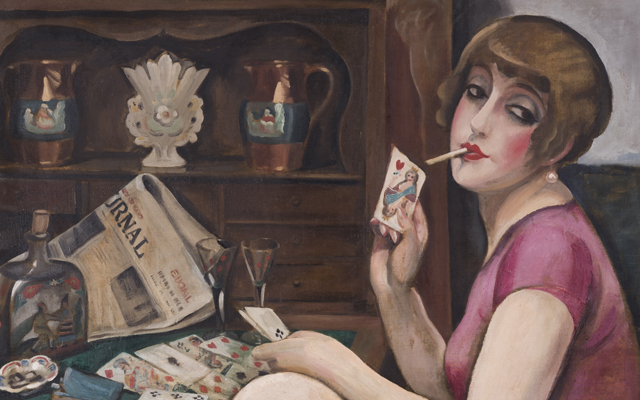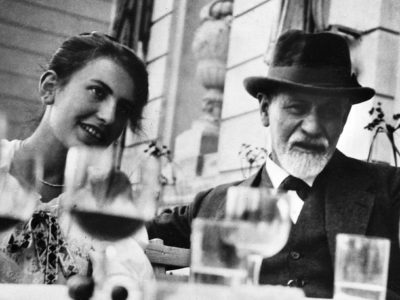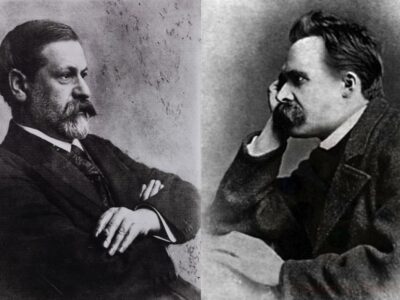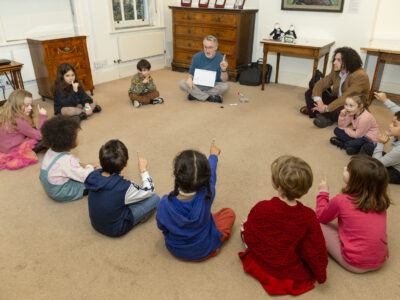
- This event has passed.

All registrants will receive access to the event at the bottom of their confirmation email. It will be available to watch for 1 month. Course material is also provided in the confirmation email.
++++++++++++++++++++
Freud’s early radical thinking on sexuality gave rise to the hope that psychoanalysis would be a source of new and progressive ideas on the nature of sexual difference and on the nature of erotic life generally. Yet, Freud’s later thinking in this area turned out to be disappointingly conservative, and, historically, the sexual theories put forward by psychoanalysts have been widely criticised as normative and patriarchal, demeaning towards women, and derogatory towards non-heterosexuals and transgender people. But there are signs at last that this situation has begun to change – due both to new work in philosophy and to a new kind of thinking on sexuality and gender that has emerged in psychoanalysis in the last ten years.
Format
Session 1:
We will review Freud’s most important writings on sexuality and gender and engage with the criticism his ideas provoked, both from within psychoanalysis and beyond. We will contrast Freud’s early radical thinking with his later more conservative and normalising pronouncements, and engage with the very different psychoanalytic thinking of Karen Horney, Melanie Klein, Nancy Chodorow and Jessica Benjamin.
Session 2:
We will study Simone de Beauvoir’s philosophical analysis of the relationship between the sexes in ‘The Second Sex’, noting her evaluation of Freud and psychoanalysis. We will then examine Lacan’s linguistic re-interpretation of Freud’s view of the difference between the sexes and bring the Lacanian view of sexual difference into relationship with that of Beauvoir and Sartre.
Session 3:
In this session we will explore the brilliant post-Lacanian theorising Julia Kristeva and Luce Irigaray. In Kristeva’s thought, the relationship between the sexes is bought into alignment with the distinction between the ‘semiotic’ and the ‘symbolic’, undercutting the rigid definition of the sexes in Lacan’s thought. While Irigaray rejects Freud and Lacan completely, proposing a radical philosophy of sexual difference based on reconceptualising the foundations of Western thought.
Session 4:
Finally, we will explore the revolutionary new thinking about sexuality that emerged from the work of Michel Foucault, and see how Judith Butler deepened it, applying it to the understanding of gender. We will then bring these new philosophical ideas into relation with the new thinking on sexuality and gender that has begun to emerge within psychoanalysis over the last ten years.
Keith Barrett BA PhD received his first degree in philosophy from Oxford University after having spent three years working as a nursing assistant in psychiatric hospitals. It was in this practical context that Keith first encountered existentialism and psychoanalysis. He then began postgraduate studies on both Freud and Heidegger, leading finally to a PhD from the Wellcome Centre for the History of Medicine at UCL for a dissertation on ‘Freud’s Self-Analysis’. Keith has been a philosophy teacher for over 20 years, and has been delivering courses at the Freud Museum for over a decade, where he has developed a series of introductory lectures on Freud, psychoanalysis after Freud, and exploring the overlap of philosophy and psychoanalysis.
+++++++++++++++++++++++++++++++++++++
Members’ Discount
Freud Museum Members will be able to receive a 20% discount on tickets with a special Members code. Details will be circulated to all Members via email.






